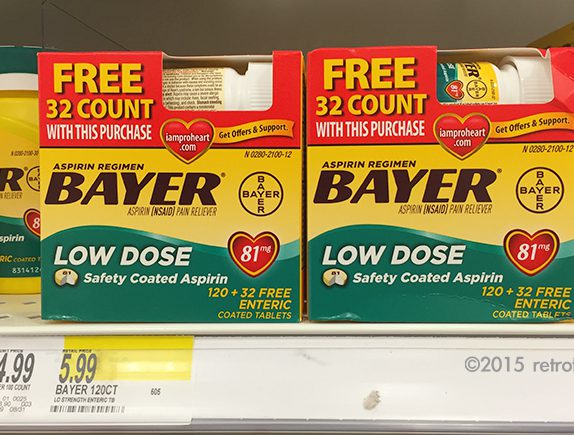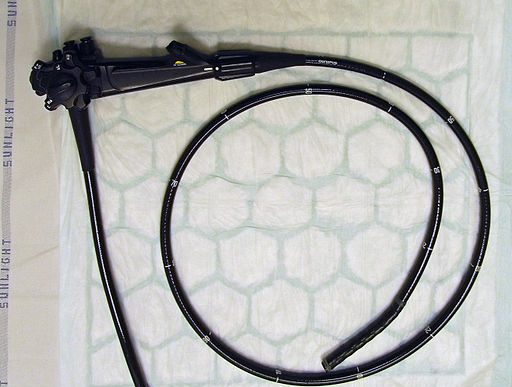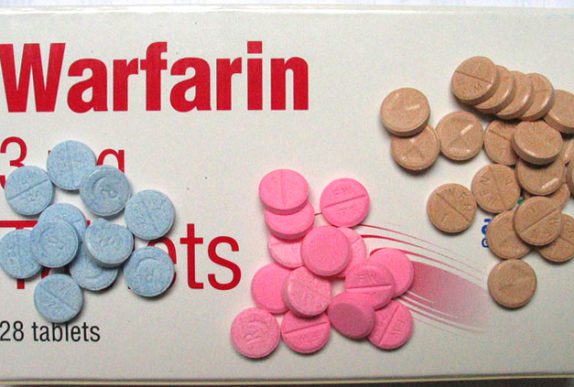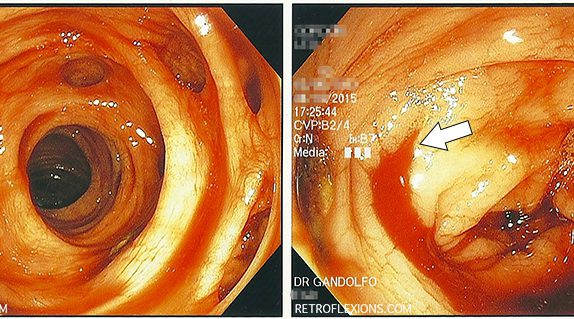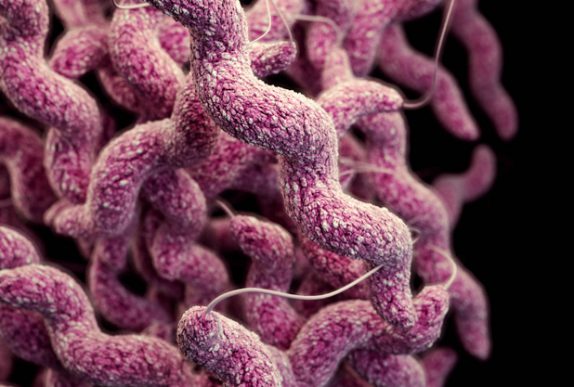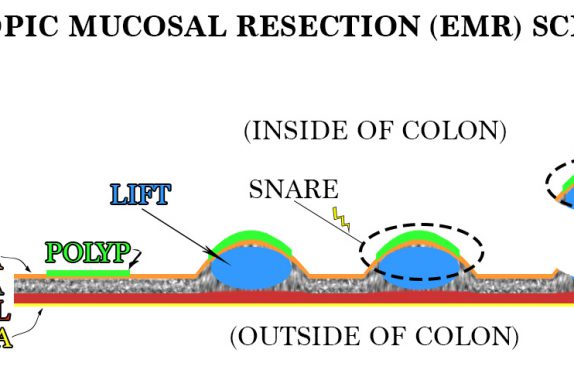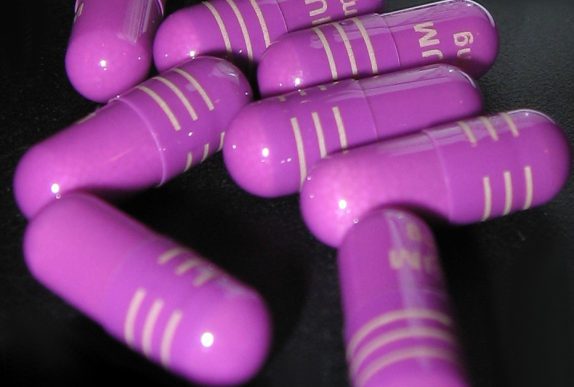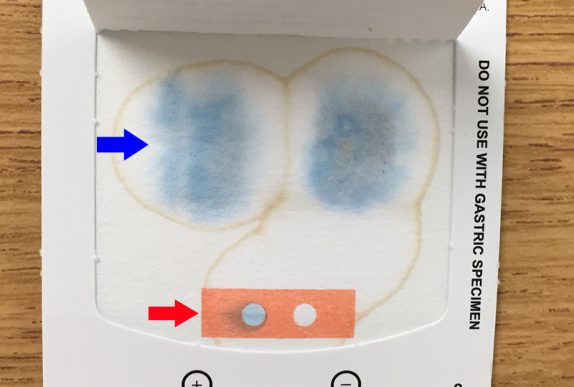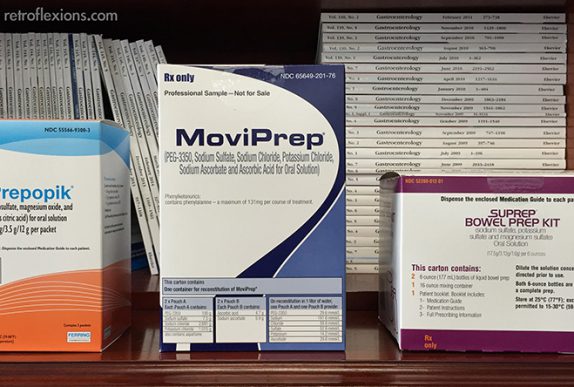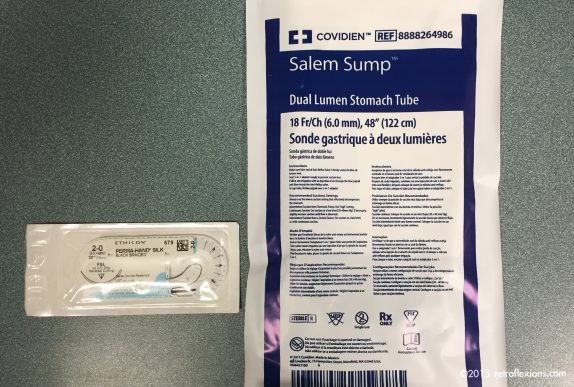For many years, the effect of NSAIDs on preventing colon cancer has been described. There are numerous studies showing a small but mostly consistent decrease in both the development of polyps, and the development of colorectal cancer with chronic NSAID use. However, thus far there has not been a recommendation to take NSAIDs specifically with the goal of reducing the development of colon cancer, since the risk of chronic NSAID use is thought to outweigh any benefit in cancer prevention.
Overtesting and over treatment are big problems in modern medicine. It sometimes goes like this: Have a minor complaint? It's probably nothing, but we should do an exhaustive workup because there is a 0.00001% chance it could be cancer, maybe. However,
Most people know that they cannot eat anything after midnight if they have a procedure scheduled the next day. However, what about when a procedure is not actually scheduled? Sometimes a little bit of common sense and a little foresight needs to be applied to avoid having a procedure delayed an entire day because of the NPO rules. Here are two common situations that I encounter (without exaggeration) several times per week:
Is this common practice of bridging from Coumadin to an injectable anticoagulant back to Coumadin necessary? From a practical point, it is usually a major inconvenience for patients and doctors alike. Many patients are uncomfortable giving themselves injections at home. The injectable anticoagulants are sometimes expensive. Sometimes despite good instruction, they are administered incorrectly by the patient, or on the wrong dates. What if Coumadin was just held and later restarted without the bridging?
(Don't click if you don't want to see blood!) Diverticular bleeding can happen without warning, and is painless. A large volume of bright red or sometimes dark red blood per rectum is often the only symptom. In most patients who are not on blood thinners, diverticular bleeding eventually stops by itself.
Some people seem to get "stomach bugs" all the time, while other people rarely have these issues. Vomiting, abdominal pain, fever, and diarrhea are the common symptoms of a variety of enteric infections that often start after the soon-to-be victim ingests the infectious organism. These bacteria have wonderful names like Salmonella, Shigella, Campylobacter, E. coli, Vibrio, and C. difficile, just to name a few. The symptoms of gastroenteritis and infectious colitis can range from a minor annoyance to life-threatening dehydration due to ongoing vomiting and diarrhea.
Many lesions that have been deemed "not endoscopically resectable" can actually be safely removed by a gastroenterologist with training and experience in EMR.
We have established that the microbiome is important. But what makes up a healthy microbiome? In one word...
There has been concern for several years about commonly prescribed antacid drugs called proton pump inhibitors (PPIs) and the heart. PPIs are used to treat gastroesophageal reflux disease (GERD), peptic ulcer disease, and other acid-related diseases. Common drugs in the PPI class are omeprazole (Prilosec), esomeprazole (Nexium), pantoprazole (Protonix), lansoprazole (Prevacid), and dexlansoprazole (Dexilant), among … Read more
Occult gastrointestinal bleeding simply means that there is blood loss into the GI tract that cannot be seen with the naked eye (as opposed to overt GI bleeding, where blood is seen). Typically, patients with occult GI bleeding have slowly progressive anemia due to slow chronic blood loss. There are a variety of causes of … Read more
These are “kissing” duodenal ulcers. The ulcers are on opposite walls of the duodenal bulb, and are basically touching each other, hence the “kissing” description. If you notice, the larger ulcer on the right has a flat dark spot in the middle…this is the former site of the large artery that was actively bleeding 24 … Read more
Coffee is enjoyed all over the world, perhaps more than any other substance except for water and air. We all are familiar with the stimulant effects of coffee, and independent of this effect caffeine is also a weak mood-elevating substance. There are many social rituals that revolve around coffee too. In fact, this blog probably … Read more
The adenoma detection rate (ADR) is currently the best "report card" for colonoscopy performance available. All doctors that perform colonoscopy are not equally good at it. All endoscopists should be measuring their own individual ADR, and working to push that number higher and higher.
As a patient, you only have control over a few parts of your colonoscopy. Usually you have a choice of which doctor does the procedure. You have a choice of showing up on the day of the procedure vs. running in the other direction. And finally, you have control on how well you are “prepped” … Read more
Most of the time, nasogastric tubes can be easily passed "blindly" at the bedside without any special equipment or sedation. However, every once in a while, the tube cannot be passed for various reasons, often related to problems in the esophagus such as strictures, tumors, or large hiatal hernias.
Subscribe To Our Newsletter!
Make sure to never miss a post by subscribing!
